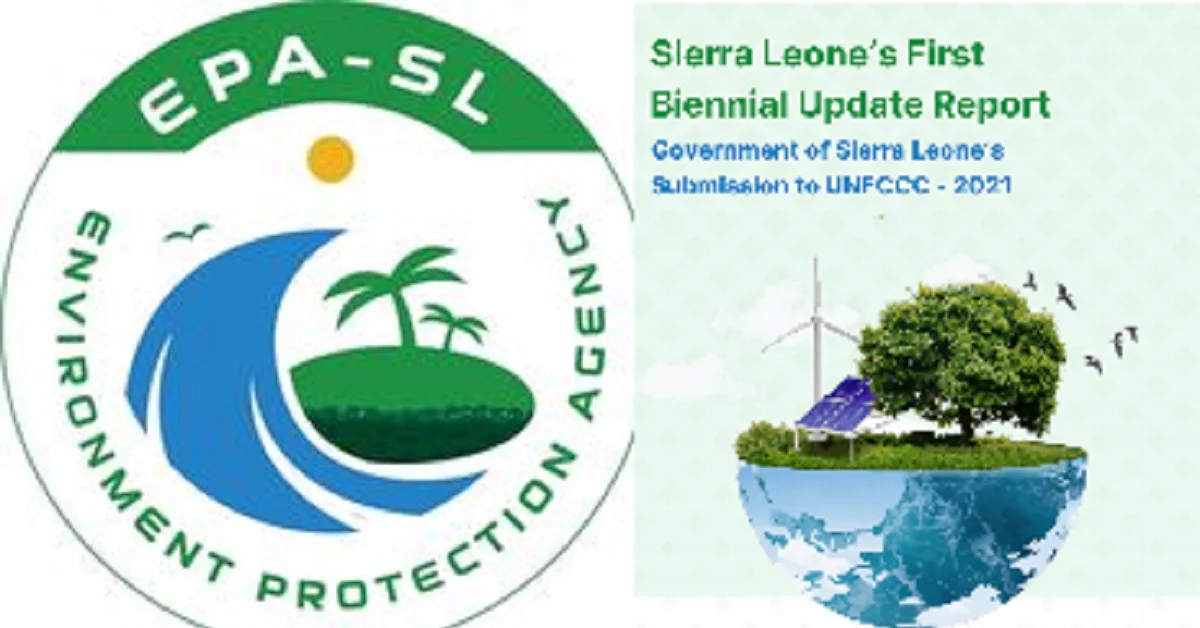The Environment Protection Agency (EPA), with support from the UNDP, concluded its final validation session for air quality and pollution regulations in Kenema, Eastern Region, on July 13th, 2024. This event was a key step in advancing environmental protection efforts in Sierra Leone.
Bobson Abdulai of the Nongowa Chiefdom Chieftaincy addressed the severe health risks associated with pollution, particularly in urban areas. He lauded the EPA’s initiative, emphasizing that the new regulations would help reduce airborne diseases linked to garbage burning and industrial activities. Abdulai also highlighted the community’s lack of awareness about air pollution and the need for effective enforcement of the new policies.
Momoh Justice Conteh, EPA’s Regional Manager East, stressed the importance of the validation process, noting that air pollution is a serious environmental issue with significant health risks. He urged participants to thoroughly review the draft document to ensure it addresses national air quality concerns.
Lawyer Gibrilla Kamara, EPA’s Manager of Legal Affairs, Complaints, and Enforcement, provided an overview of the regulations. He pointed out that while the EPA had previously focused on illegal mining, air pollution had been overlooked. Kamara cited global statistics showing millions of deaths annually due to air pollution and called for stakeholder input to refine the draft regulations before they are adopted as national policy.
The session also included contributions from the Sierra Leone Road Safety Authority (SLRSA) and law enforcement officials. Mohamed Jamie Moseray of SLRSA praised the EPA’s efforts, noting their alignment with SLRSA’s role in regulating pollution from vehicles. Chief Superintendent of Police Edson Vandi recognized the environmental issues from unregulated activities and committed to supporting the enforcement of the new regulations.
Civil society activist Mohamed Kabba described environmental problems as a national epidemic and urged citizens to take collective action. The validation of these regulations represents a significant step forward in Sierra Leone’s fight against air pollution and its commitment to public health.








